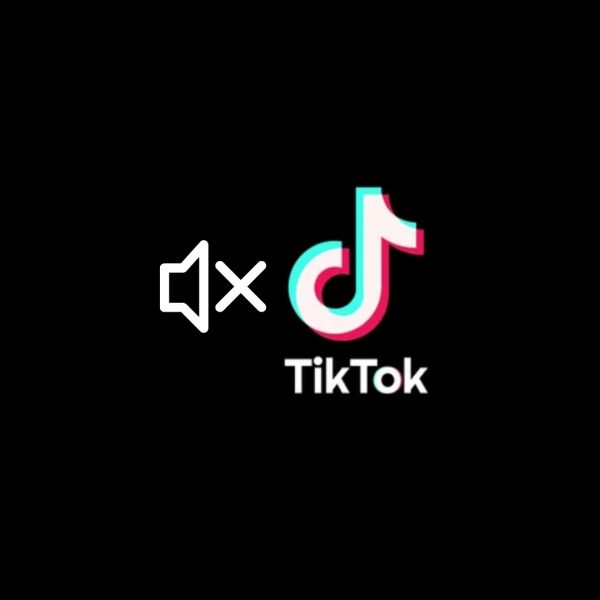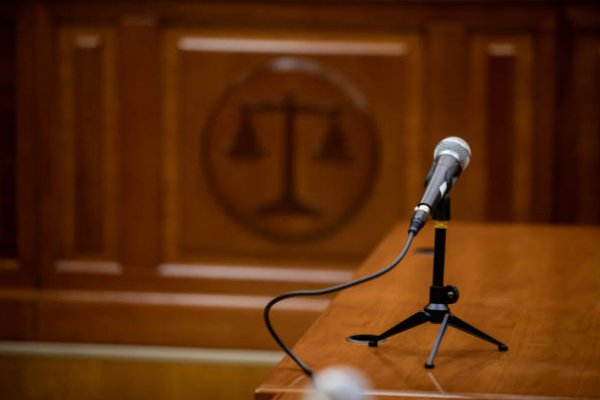What social media data leaks mean for the average user
For people on the internet, the escapism of social media is a daily pleasure. One can find friends, connect with friends and share their day with the press of a finger. However, the importance of safely securing information while also regularly posting information is a threat posed by hackers who wish to steal personal data from any person. While big name companies find solutions to these problems, are they enough to fully convince a person that they are covered from potential data leaks?
There are a multitude of ways for hackers to steal one’s information on social media. Human error in a social media/business firm is a major way in which data can be breached. Because of this incompetency, many of the avoidable site-wide surges that could happen are made possible. Making sure that people are routinely educated and reminded of their responsibility is the best way to avoid this method. Another hackable method is through password exploits. To decrease the chances of being affected, it’s recommended to remember passwords, add variation to any password that might be used, update privacy settings and use two-factor authentication (requires one to perform another action before logging in).
Senior Emma Parker talks about the ease of gathering information on social media.
“It’s definitely really easy for people to just go on a person’s profile and see personal information,” states Parker. “If you are an experienced hacker, it’s probably not that hard to get even more of this information.”
Some nefarious information-seeking people also utilize a bot on social media. Essentially, a bot in the context of social media is a fake account created for the purpose of convincing others to share their personal information via DM (direct message). Some bots are better designed than others, with bots learning algorithms to successfully trick others into stealing their information. While many websites discourage this type of action, it’s usually not enough. FaceBook and Twitter have been removing bots that spam political data, which may include misinformation about a policy or outright propaganda about a particular issue. Bots will only become smarter with time, so be sure to have a careful eye out for them.
The nabbing of data can also be costly in a variety of ways. Mark Zuckerberg and his company, FaceBook, was fined over $5 billion by the FTC for their poor handling of user data. The large sum of money is legitimate when showing the 87 million people that had their data stolen from them. What’s more, FaceBook also shared data to Amazon and Yahoo without proper user permissions. FaceBook has vowed to do a better job at protecting data, but to reiterate a former statement, does this make people feel more safe when accessing their social media accounts?
To answer this question, senior Daniel Chen reflects on a time when he was hacked and how he perceives the security of Instagram, another FaceBook company social media.
“I got hacked one time on Instagram,” shares Chen. “Because of this, I don’t believe that the platform is very secure.”
Diplomatic tensions can arise between countries in certain cyberattack scenarios. Social media platform Tik Tok privacy and data sharing has become so controversial that the claim of a cyber “cold war” has been an infamous label for the events that transpired. It started with the US government being alarmed by data implications from Tik Tok, primarily from China’s 2017 national intelligence. While content policies on Tik Tok aren’t influenced by any government, some have been confused about the nature of moderation on Tik Tok. The transaction of misinformation in this scenario emphasizes how mistrust in social media integrity is a legitimate complaint.
Overall, social media websites will be able to move past these security issues by constantly updating their platform, but hackers will always evolve alongside them. Some people are actively bothered by the seemingly ignorant and apathetic big companies, all for good reason. If someone is upset about policy, it’s important to express grievances toward the accuser. This can apply to anything, but for social media, the amount of traction an issue can get, the more influence that a company will get to fix it in the foreseeable future.

Elijah Matlock is a Senior in the Global Ecology Program. When it comes to writing, he is always interested in the latest chit-chat. From movie criticisms,...















